
Grand Entrance
Palm Sunday celebrates the day Jesus made his triumphal entry into Jerusalem. Test your knowledge of that day's events, recorded in all four Gospels, with these true or false statements.
1. According to the Gospels, the people waved palm branches when Jesus rode into Jerusalem on Palm Sunday.
2. The date of Jesus' triumphal entry—five days before Passover—was a special holiday in his time.
3. By their actions, the people were publicly proclaiming Jesus as the Messiah.
4. The fact that Jesus rode a donkey portrayed him as a warrior king.
5. The shouts of "Hosanna!" meant "Praise the Lord!"
6. The route Jesus chose for his triumphal entry was down the side of Mount Zion.
7. When the people spread branches and garments in Jesus' path it was to pay him honor.
8. The shouts of "Blessed is he who comes in the name of the Lord" were words of a Jewish hymn.
ANSWERS BELOW!
1. False (Matt. 21:6, Mark 11:8, Luke 19:36, John 12:13). None of the four Gospels say the people "waved" branches but that they spread garments and branches in Jesus' path. Only John mentions palm branches, a tree not native to Jerusalem.
2. True. It wasn't called Palm Sunday in Jesus' day, but each Israelite family chose the lamb they would sacrifice for Passover on the tenth day of the month. As the people shouted "Hosanna," they didn't realize they were choosing the Lamb of God as their sacrifice.
3. True. When Solomon was anointed king, he rode into the city on a mule, to the shouts and praises of the people (1 Kings 1:43-45). Zechariah prophesied the Messiah would arrive the same way "gentle and riding on a donkey" (Zech. 9:9).
4. False. Conquering kings would ride war horses; the donkey symbolized peace and humility (Zech. 9:9, 10). Jesus' entry was a stark contrast to the war-like Romans, whose military presence was very visible.
5. False. The Hebrew word Halleluia means "praise the Lord;" Hosanna means "save us!" or "save!" The Palm Sunday crowd falsely assumed that Jesus would bring political liberation.
6. False. Jesus rode down the Mount of Olives offering him an excellent view of Jerusalem, which is built on Mount Zion. According to Zechariah 14:4, Jesus will again stand on the Mount of Olives at his second coming.
7. True. The people were boldly declaring that Jesus was their king, an accusation eventually written in condemnation above his cross. It was common in Bible times to spread garments in the path of princes and kings, especially at their coronation (see 2 Kings 9:13).
8. True. The phrases "Hosanna" and "Blessed is he who comes in the name of the Lord" both come from Psalm 118: 25-26, one of the "Hallel" or praise psalms (113-118) used every Passover. These Jewish hymns would be as familiar to the Jewish people as Christmas carols are to Christians.








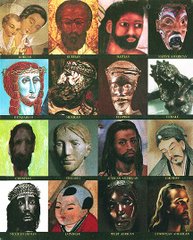


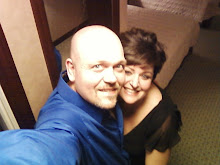



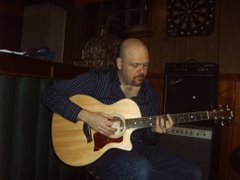

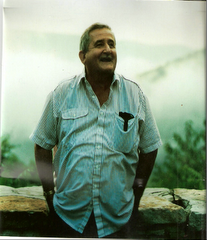









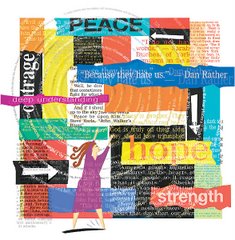

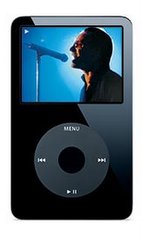

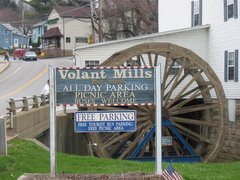

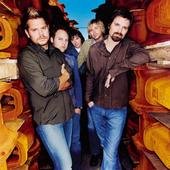







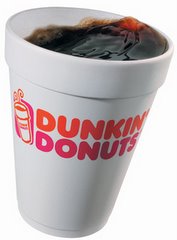
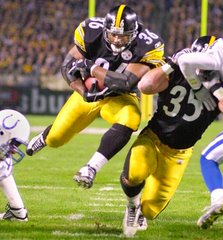

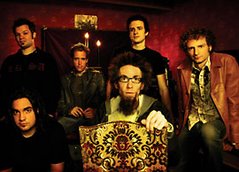
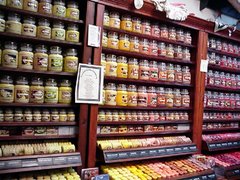
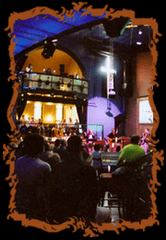

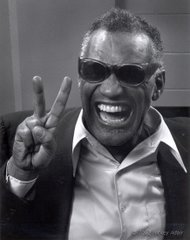
No comments:
Post a Comment